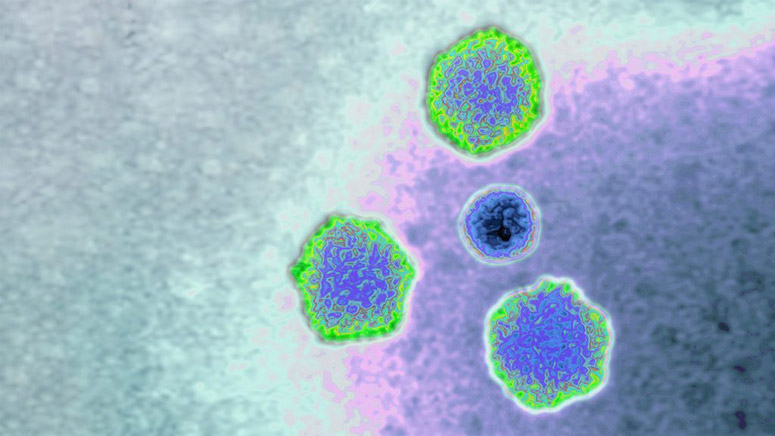Causes

We know now that Epstein-Barr Virus is a primary cause of mono/infectious nucleosis, but what other causes are there? We will take a look at some of them now. The Epstein-Barr virus causes over 90% of mono cases. Other viruses and certain infections may also bring on the illness. The symptoms can develop because of:
- Adenovirus.
- Cytomegalovirus (CMV).
- Hepatitis A, Hepatitis B, and Hepatitis C.
- Herpes simplex virus (HSV).
- Human immunodeficiency virus (HIV).
- Rubella.
- Toxoplasmosis. [3]
As we can see from above, mononucleosis can be caused by other viruses and infections besides the Epstein-Barr Virus (EBV). Let us take a look at some of these other causative agents.
- Adenovirus: Adenoviruses are common viruses that cause a range of illnesses. They can cause cold-like symptoms, fever, sore throat, bronchitis, pneumonia, diarrhea, and pink eye (conjunctivitis). You can get an adenovirus infection at any age. People with weakened immune systems or existing respiratory or cardiac disease are more likely than others to get very sick from an adenovirus infection.
- Cytomegalovirus (CGV): Cytomegalovirus (CMV) is a common virus. Once infected, your body retains the virus for life. Most people don’t know they have CMV because it rarely causes problems in healthy people. [4]
If you’re pregnant or if your immune system is weakened, CMV is cause for concern. Women who develop an active CMV infection during pregnancy can pass the virus to their babies, who might then experience symptoms. For people who have weakened immune systems, especially people who have had an organ, stem cell, or bone marrow transplant, CMV infection can be fatal. [5]
- Herpes simplex virus:
The herpes simplex virus, also known as HSV, is an infection that causes herpes. Herpes can appear in various parts of the body, most commonly on the genitals or mouth. There are two types of the herpes simplex virus.
- HSV-1: primarily causes oral herpes and is generally responsible for cold sores and fever blisters around the mouth and face.
- HSV-2: primarily causes genital herpes and is generally responsible for genital herpes outbreaks. [6]













